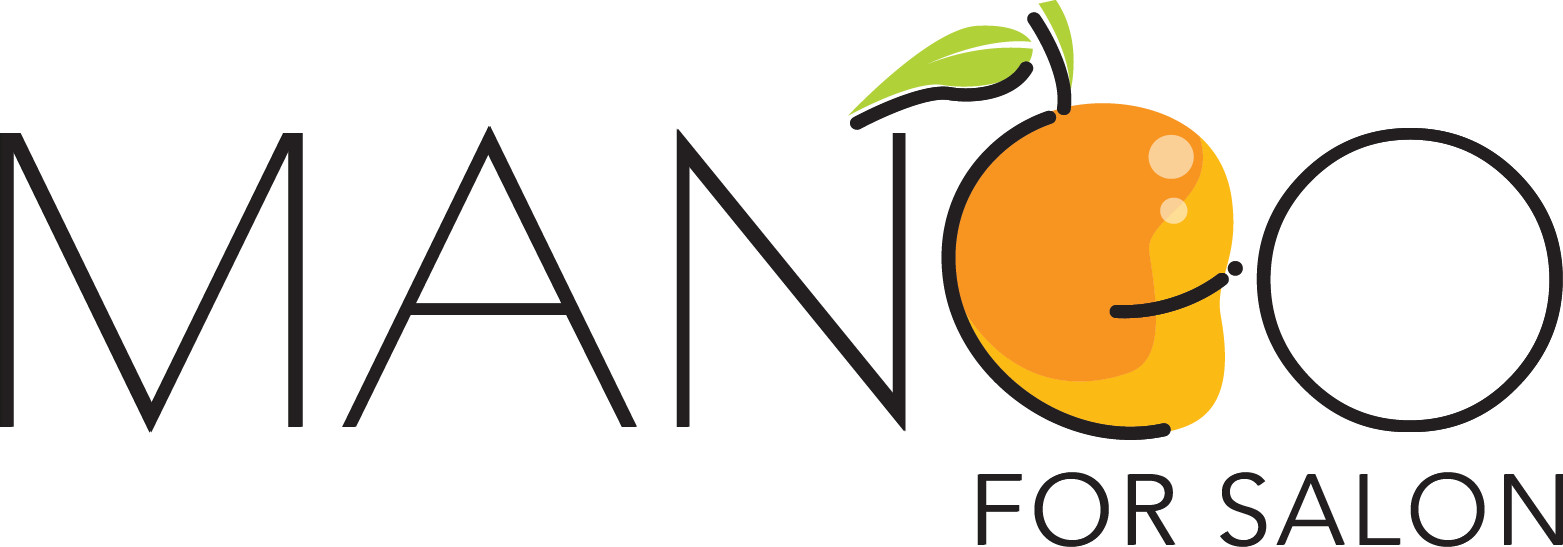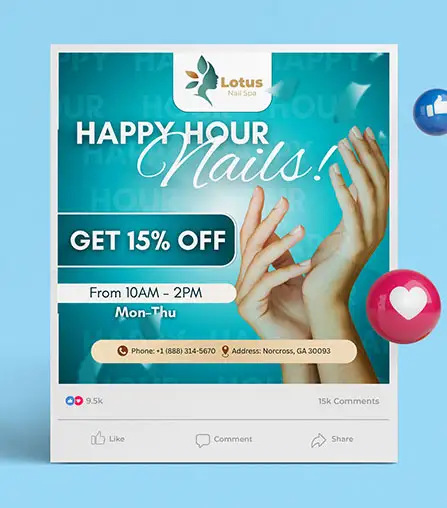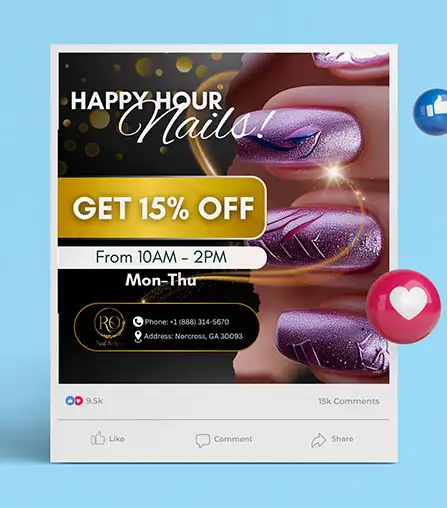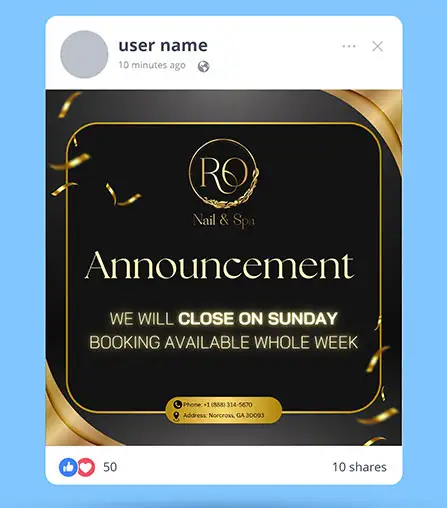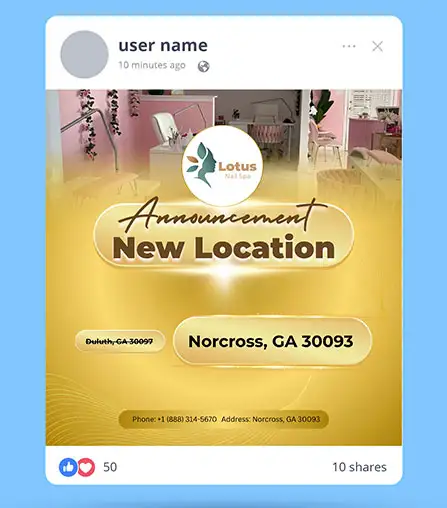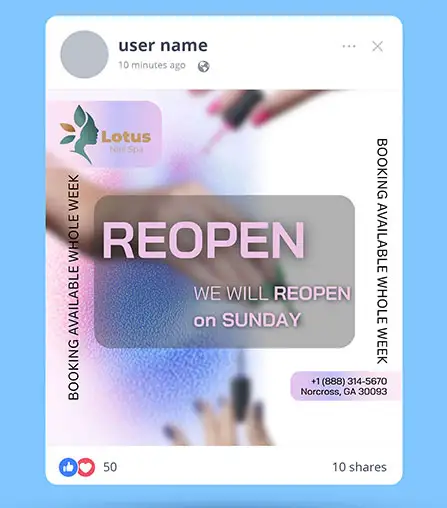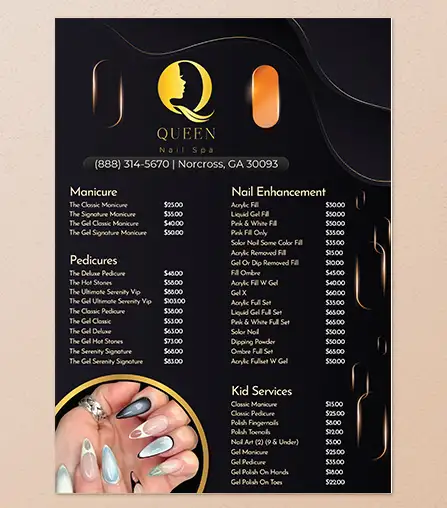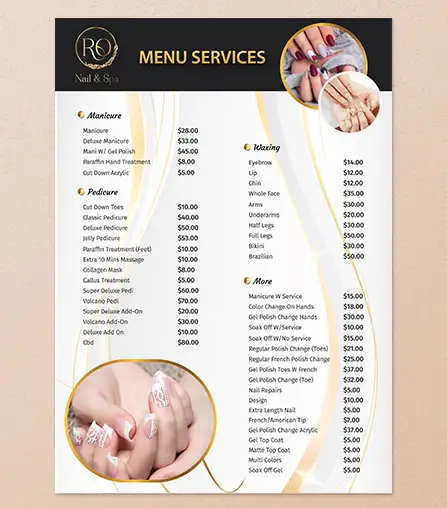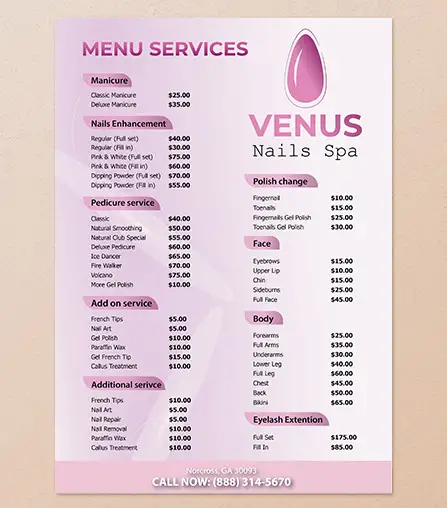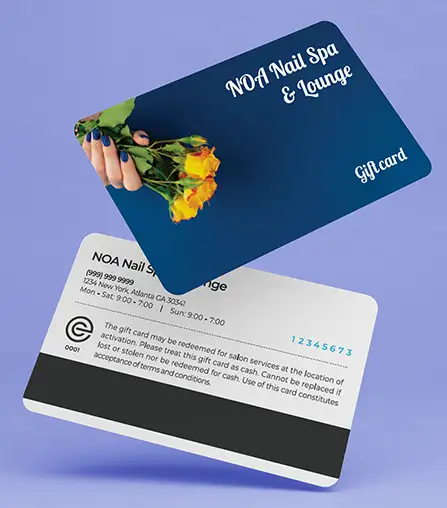
In the era of technology 4.0, centralized database management could be considered an advantage for nail salon operations, especially the ones in chain.
Compared to the last decade, running a nail salon now requires more than just rich-experienced technicians and quality products. With the dramatic rise of technology 4.0, almost all businesses accept automation and data-driven solutions to improve operation as well as customer service.
In the nail industry, the adoption of centralized database management in POS systems, such as Mango POS, plays a key role in this transition. The below article is going to delve into this functionality, focusing on its benefits to a nail salon.
1. Centralized database management for customer and service tracking
One of the most major advantages of a centralized database that everyone should know is its ability to store and manage client data with service information in one easily accessible area. In the previous years, the owners using traditional and fragmented systems usually struggled with multiple platforms, which aren’t compatible with each other, leading to some problems such as replicated data, slow service, and poor customer experience, especially if they own a chain of salons.
To solve this issue, a POS system that is developed with centralized database management could gather all data across the chain, ensuring every customer interaction is tracked in real-time. For example:
1.1 Appointment management
A centralized system allows seamlessly scheduling appointments across multiple branches in the chain. Whether a customer prefers a particular branch on a day or visits another branch due to technician availability, the centralized database keeps all appointment data synchronized. This might reduce mistakes in booking and make the technician well-prepared to provide the best services based on the customer’s history.
1.2 Service tracking
Keeping track of services for each customer along with products used and technician details might ensure consistency in service delivery and allow for more promotions or upselling opportunities. Furthermore, a technician with deep knowledge of the customer’s insight could successfully recommend related services or products for them, resulting in both client satisfaction and a revenue increase.
1.3 Streamlining operations across multiple locations
The challenge of maintaining consistency in the customer experience is bigger for a chain of nail salons. Without centralized database management, the business owners have more difficulty ensuring the quality of each branch operation as well as client data stored and followed across the board. Thus, Mango POS has been designed to solve this common pain point as:
1.4 Turn tracking and management
Scheduling “tickets” for technicians is never an easy task, especially in a large salon with dozens of staff. However, everything will be simplified with Mango POS. Its centralized database system allows for the fair and transparent allocation of technician shifts based on data related to their performance and client demand. This not only decreases the chance of internal conflicts but also enhances the technicians productivity.
1.5 Real-time salon status

Smooth workflow at nail salon with Mango POS system
Integrating all store operations into one system allows owners to continuously monitor the salon’s overall performance and then determine the next step for improvement. In fact, 90% of salon owners using Mango POS for their store management have reported the significant refinement in their daily workflow, illustrating how it could help the stores run smoothly and offer a better overall experience for both customers and technicians.
2. Data security and easy access to client history
Most nail salons need to collect a wide range of client personal data for several purposes, such as re-marketing or improving customer service. Therefore, ensuring this data stored securely is extremely essential. However, the risk of data breaches is higher and higher with the rise of digital operations today. That’s why the data security enhancement is considered a critical aspect of centralized database management.
2.1 Secure Data Management
With a centralized database, Mango POS often comes with security features involving encryption, multi-factor authentication, and role-based access controls. They take responsibility for protecting sensitive data from potential breaches, ensuring only authorized personnel are allowed to access information. Let’s make it clear with an example: the salon technicians usually need access to essential data like customer preferences for better-quality services, but not their payment information. Thus, Mango POS would allow the owners control over who could access which data, leading to lowering the risk of information mismanagement or theft.
2.2 Easy Access to Client History
Client histories, involving their favorites, services used, and feedback, could be considered a “standard” for salon owners and technicians to get valuable insights in order to:
2.3 Personalize offered services
All customers totally appreciate a brand whenever their preferences are remembered. A centralized POS system would record and update data based on each visit of the client. From there, the technicians could modify the services to satisfy customers more.
2.4 Provide promotions
With customer behavior recorded by centralized database management, the salons might effortlessly create targeted marketing campaigns. For instance, they could track and determine which service is most frequently booked by a particular customer, then offer a discount on it rather than random service to motivate them to visit the store.
2.5 Quickly resolve disputes
In case of customer complaints or disputes related to received services, having a deep insight of client might make resolving faster and more accurate. It doesn’t only build trust with customers but also show off that they are valued and heard.
To put it bluntly, embracing centralized database management in a POS system like Mango is a vital game changer for a nail salon to be highlighted in a rapidly evolving industry during the era of technology 4.0. With this software, the owner could continuously update the store status, client information, and technician data to operate work reasonably, bringing the best experience to customers.
